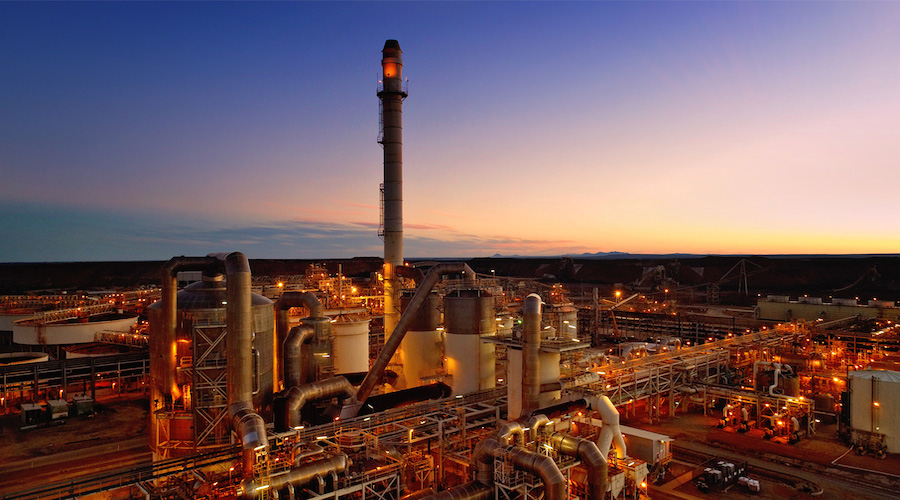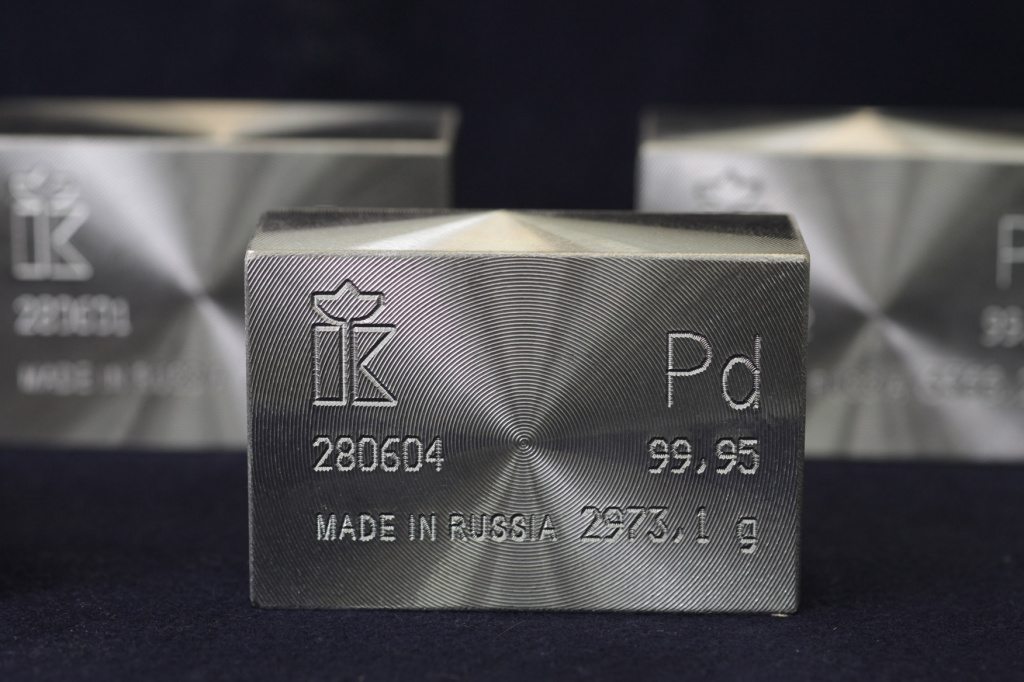First Quantum to halt Ravensthorpe nickel mine

Canadian miner First Quantum Minerals (TSX: FM), which is reeling from the forced closure of its giant copper mine in Panama, will halt mining at its Ravensthorpe nickel operation in Western Australia for two years.
The company said it would continue to sell nickel from its stockpiles, but the decision would mean a 30% reduction of the operation’s workforce – roughly 125 people.
The stockpiles are estimated to last between 18 months and two years, after which mining will resume at the Hale Bopp and Halleys ore bodies at Ravensthorpe, the company said in a statement.
The move came after the mine lost $66 million in the nine months to September 30 and as nickel prices have continued to decline.
It also follows First Quantum’s decision to focus on conserving capital by suspending its dividend, cutting job and further lowering costs.
The Ravensthorpe mine has always been viewed as relatively high cost operation, and was previously suspended in 2017-19.
Last year, it produced about 30,000 tonnes of nickel in mixed hydroxide precipitate, and close to 1,000 tonnes of cobalt.
BMO analysts said the decision made sense in the current environment as there is an oversupply of both metals and further supply cuts are necessary to balance markets this year.
The announcement follows the closure of Panoramic Resources’ (ASX: PAN) Savannah nickel mine in the Kimberley region of Western Australia. The decision, announced last week, will eliminate 140 jobs.
In 2021, First Quantum sold a 30% stake in the Ravensthorpe mine for $240 million to South Korea’s POSCO, one of the world’s largest steel producers.
The Toronto-based miner retained a 70% stake in Ravensthorpe and continued to be the operator.
[Click here for an interactive chart of nickel prices]
Prices for nickel, traditionally used in steelmaking and increasingly in the manufacturing of batteries, have been hovering around two-year lows, closing Friday at $16,240 per tonne.
The global nickel market recorded its 18th consecutive monthly surplus in October, according to the International Nickel Study Group, recording a cumulative surplus of 193,200 tonnes in the first ten months of 2023. Fastmarkets analysts, meanwhile, have forecast the market to record a further annual surplus of 170,000 tonnes in 2024.
The metal was the worst performer among the base metal complex on the London exchange and the Shanghai Futures Exchange in 2023, losing more than 40% of its value on both markets.
{{ commodity.name }}
{{ post.title }}
{{ post.date }}




Comments
Aubrey Benson Musoyo
I would like to know more about these trucks